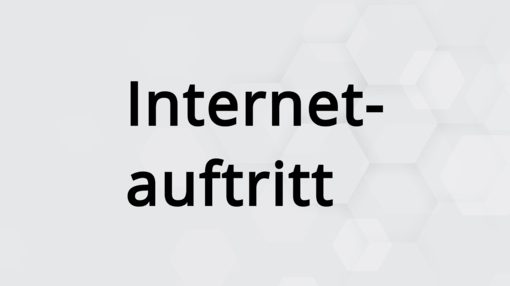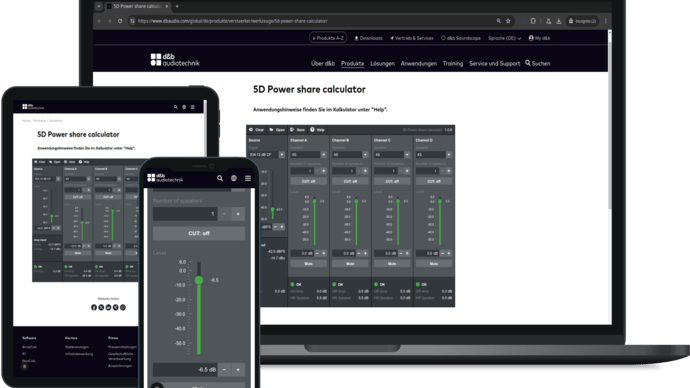Definition: GDPR stands for General Data Protection Regulation and is translated into German as Datenschutzgrundverordnung (DSGVO). This is a new EU regulation on data protection that comes into force on May 25, 2018. The GDRP or GDPR can be read here: https://eur-lex.europa.eu/legal-content/DE/TXT/?uri=CELEX:32016R0679
Until 2018, data protection law was co-determined by EU directives, whereby a directive does not oblige the EU member state to adopt the law in the country. As a result, data protection in the EU is the responsibility of each country and varies accordingly. As this can lead to the misuse of personal data in a digital, globalized world, the EU has adopted the GDPR, which regulates data protection throughout the EU.
As a regulation, it is binding for every EU member state. However, each country can - and must - draw up its own data protection law that covers the principles of the regulation and closes gaps in the regulation. Such gaps are intentional and concern, for example, the handling of a data protection officer.
In Germany, the Federal Data Protection Act (BDSG) will become BDSG-new. It will not change very much, as the GDPR or DSGVO has adopted many regulations from the BDSG. Nevertheless, everyone who deals with personal data must implement these regulations, as otherwise there is a risk of very high penalties.
The GDPR also regulates data protection in relation to non-EU countries that also offer their services in the EU. This is intended to prevent large companies in particular from misusing the personal data of EU citizens.
We have already written a detailed article on the changes brought about by the General Data Protection Regulation in our blog. You can find the article here: https://www.arocom.de/blog/dsgvo-neue-eu-datenschutverordnung

















